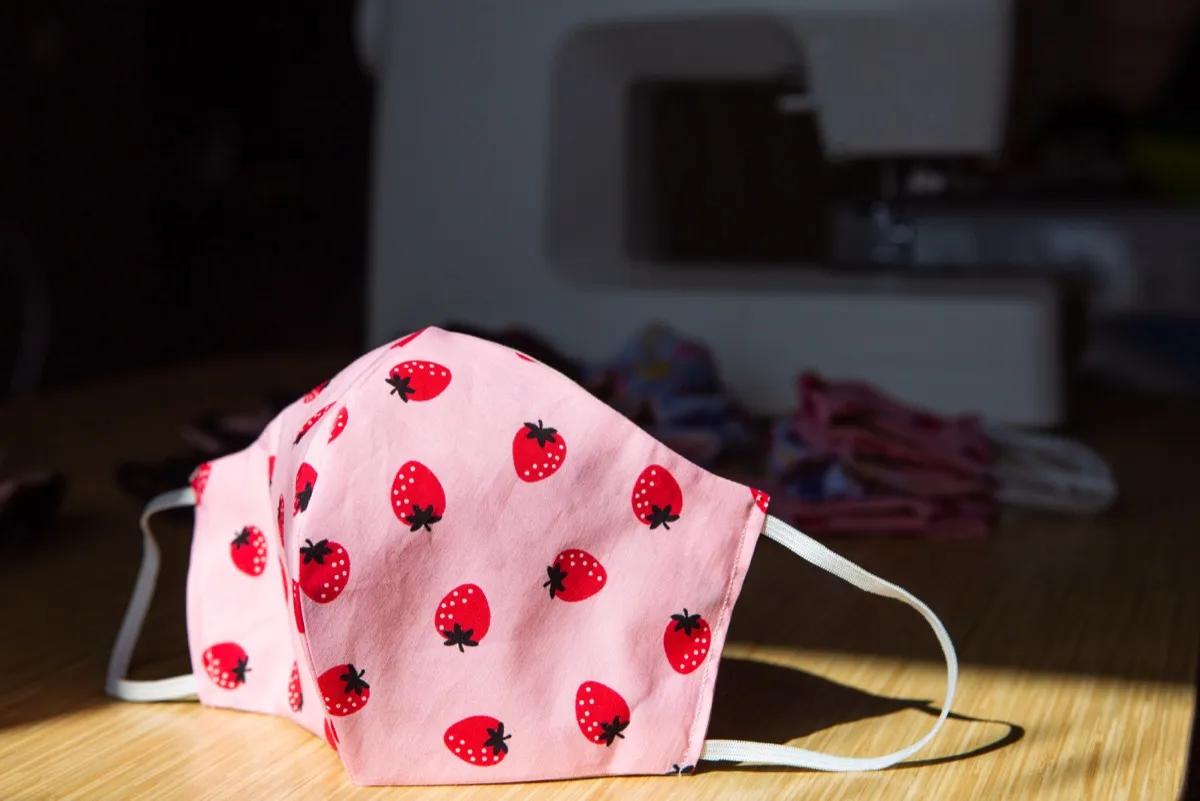While most cases of COVID-19 are contracted from airborne particles via person-to-person contact, the study found that the “midday sunlight in most U.S. and world cities during summer” can break down the virus in a way it can’t during winter months, with UV rays deactivating coronavirus faster than it does most strains of the flu. The authors of the study, which was published in the Journal of Photochemistry and Photobiology, concluded that “90 percent or more of SARS-CoV-2 virus will be inactivated after being exposed [to summer sun] for 11 to 34 minutes.” On top of that, the researchers say “99 percent of SARS-CoV-2 may be inactivated within the two hours period around solar noon during summer in most U.S. cities located south of latitude 43 degrees north,” which is the large majority of cities in the U.S.ae0fcc31ae342fd3a1346ebb1f342fcb The authors also claim the findings suggest that those spending time outdoors may help themselves develop a tolerance to the virus thanks to exposure to deactivated particles in their environment. “Healthy people outdoors receiving sunlight could have been exposed to lower viral dose with more chances for mounting an efficient immune response,” the study reads. “The potential role of being outside exposed to direct or scattered sunlight in COVID-19 pandemic should not be underestimated,” the researchers conclude. RELATED: For more up-to-date information, sign up for our daily newsletter. This isn’t the first study to lay claim to the idea that sunshine can be effective in killing COVID-19. Research published in The Journal of Infectious Diseases in May found the “first evidence that sunlight may rapidly inactivate SARS-CoV-2 on surfaces.” And another study conducted by the U.S. Department of Homeland Security’s (DHS) Science and Technology Department that leaked in April found that “sunlight destroys the virus quickly.” And for more on the risks summer poses amid COVID-19, check out 10 Mistakes You Shouldn’t Make This Summer, Warns the CDC.
